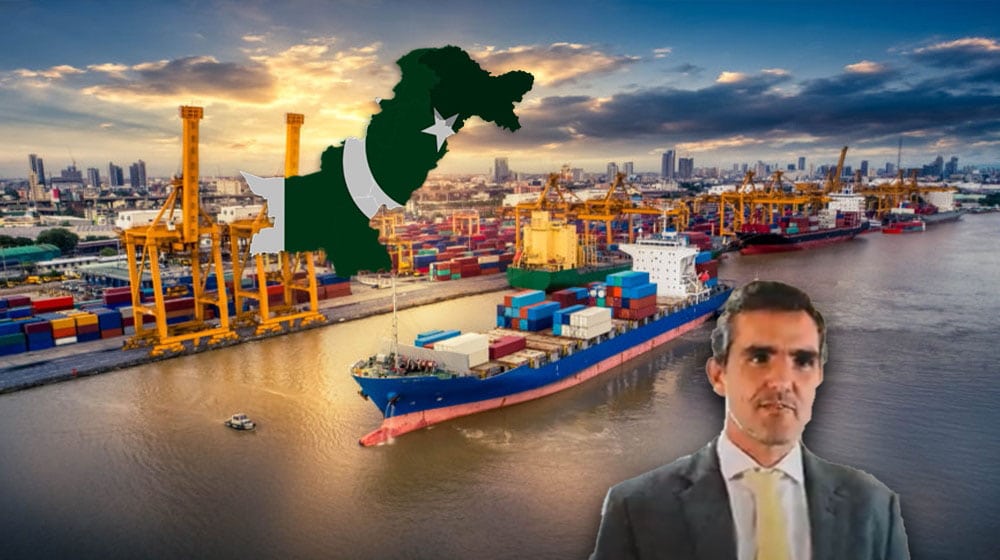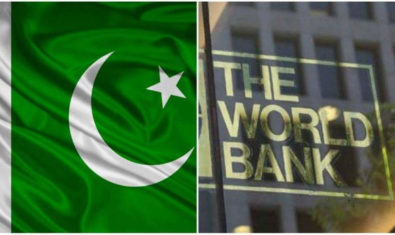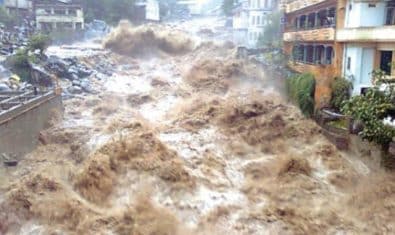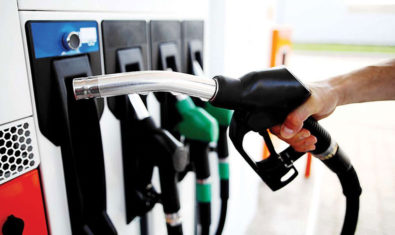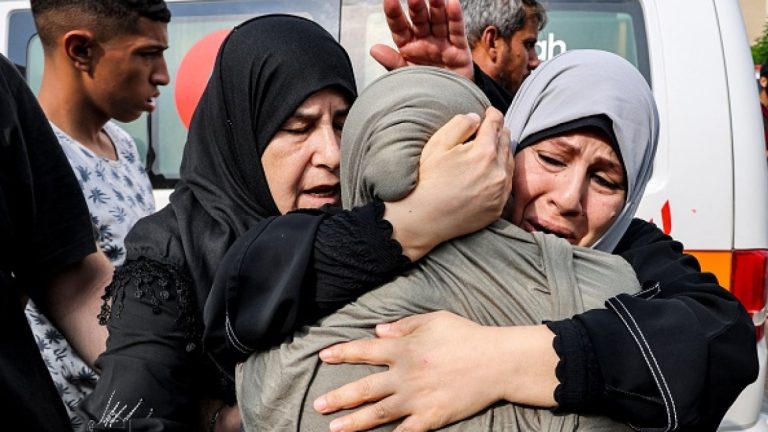Even though the global supply chain was disrupted during 2021, the year was particularly good for Pakistan, according to World Bank (WB) Senior Economist, Gonzalo Varela.
Discussing Pakistan’s state of exports with reference to the WB’s report ‘Pakistan Development Update’, he said that in order to tackle the conundrum of a spiraling trade deficit, more productivity, credit for productive investments, and better incentives will help.
With @StateBank_Pak releasing dissaggregated #trade data for December, we have a picture of the full 2021, which, despite #supply #chain disruptions worldwide, was 'good' for #Pakistan. Short thread below:
— Gonzalo Varela (@gonwei) January 27, 2022
Underlining Pakistan’s persistent and large trade deficit numbers, the trade and macroeconomic researcher highlighted that the country’s exports grew by 30.1 percent more in 2021 as compared to 2020 “with a strong pick up in merchandise, but also substantive services”.
“To be sure, in real terms, Pakistan’s exports remain below its local max[imum] in 2021. So, no ‘record exports’ if we talk real terms and not value,” he pointed out.
Further addressing the export growth of different subsectors with services in the country, the economist remarked that Pakistan’s export growth “was widespread by destination when focusing on the top 8”.
As per the sector-wise breakdown of the exports data, Varela noted that textiles and garments led the way, ahead of commodities such as vegetable products and minerals.
He added that ahead of the local construction and travel industries, it was a very good year for the knowledge-intensive services exports that were led by ICT and other business services.
Varela concluded his thread with the bad news that Pakistan’s “import growth outperformed export growth, registering an increase in value of 49.5% in 2021 w.r.t. 2020”. He mentioned that a substantial chunk of it behind the surging imports “is because of increases in commodity prices: mainly petroleum, edible oils, and cotton”.
Offering Pakistan a way out from the ominous clutches of rising imports, the WB economist proposed that maintaining export growth will be critical in reducing the external vulnerabilities brought on by growing trade imbalances. “More productivity, credit for productive investments, and better incentives, will help,” he advised.
Besides Varela’s remarks on the matter, it is no secret that Pakistan still needs an integrated and long-term reform strategy to improve its export competitiveness. This will require coordination across government agencies at the federal and provincial levels to harmonize policy decisions, institutional strengthening to ensure effective implementation, and active public–private sector dialogue to secure the broadest support to reforms.
